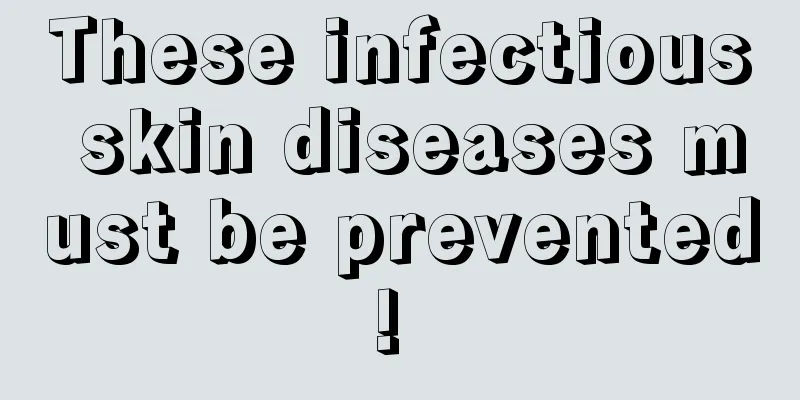Can I still get the cervical cancer vaccine at the age of 50?

|
Cervical cancer vaccines can still be given at the age of 50, but whether they are suitable should be determined based on individual circumstances, especially for women who have not been infected with high-risk HPV. Vaccination can still provide some protection. It is recommended to consult a doctor before vaccination and undergo HPV virus testing and related evaluations. Cervical cancer vaccine (HPV vaccine) is mainly used to prevent cervical cancer caused by human papillomavirus (HPV) infection. The applicable age range varies among different types of vaccines. The recommended vaccination age for common bivalent, quadrivalent and nine-valent vaccines is 9-45 years old. However, if a 50-year-old woman has not yet been infected with high-risk HPV, vaccination can theoretically still produce immune protection. Studies have shown that the vaccine has no therapeutic effect on already infected viruses, so 50-year-old women need to make sure they are not infected with high-risk HPV before vaccination. The immune effect will decrease with age, and earlier vaccination will have greater benefits. If you have had sexual intercourse in the past or have a higher risk of infection, the protective efficacy of the vaccine may be partially limited. Cervical cancer vaccine (HPV vaccine) is mainly used to prevent cervical cancer caused by human papillomavirus (HPV) infection. The applicable age range varies among different types of vaccines. The recommended vaccination age for common bivalent, quadrivalent and nine-valent vaccines is 9-45 years old. However, if a 50-year-old woman has not yet been infected with high-risk HPV, vaccination can theoretically still produce immune protection. Studies have shown that the vaccine has no therapeutic effect on already infected viruses, so 50-year-old women need to make sure they are not infected with high-risk HPV before vaccination. The immune effect will decrease with age, and earlier vaccination will have greater benefits. If you have had sexual intercourse in the past or have a higher risk of infection, the protective efficacy of the vaccine may be partially limited. Before vaccination, it is recommended to seek professional consultation, including HPV typing test and cervical cancer screening (such as TCT or HPV-DNA test) to ensure that the infection status is controllable. If it is suitable for vaccination, you should try to choose a vaccine type that does not have contraindications such as allergies. Regular cervical cancer screening is still required after vaccination because the vaccine cannot cover all types of carcinogenic viruses. Women over 50 need to pay more attention to other health management, including quitting smoking, improving immunity and improving lifestyle, etc., to reduce the risk of related diseases. |
<<: Is teratoma a hereditary disease?
>>: Reasons why renal hamartoma grows larger
Recommend
A brief analysis of postoperative care for common esophageal cancer surgeries
Esophageal cancer surgery is one of the most comm...
The more prominent manifestations of uterine cancer also include increased secretions
The more prominent manifestation of uterine cance...
What blood type will a child born from blood type O and blood type AB have?
Blood type is hereditary, but it is not simply th...
What to do with rotten feet, how to treat it
Sore feet are a very common symptom in life, and ...
What are the early symptoms of gastric cancer? Let's know about gastric cancer early, treat it early and recover early
In today's life, take-out has become the choi...
Can 3D color ultrasound detect fetal abnormalities?
Three-dimensional color ultrasound can be used fo...
What should I do if my wisdom teeth become inflamed, swollen and painful?
Wisdom teeth are what we usually call wisdom teet...
What meridian is on the outside of the arm
Traditional Chinese medicine often says that if t...
What causes purple tongue coating? Detailed explanation of common factors
A purple tongue can be mainly divided into two ty...
Examination for early diagnosis of kidney cancer
Kidney cancer is a common disease in life, but it...
Sugar ratio of homemade wine
After entering the 21st century, Chinese people a...
How to wash off a black water-based pen
I believe that everyone must have had black water...
What vitamins do peaches contain?
Peach is a delicious fruit. It tastes sweet, is n...
What are the causes of skin cancer?
The main causes of skin cancer are temporary stro...
What are the five items in the physical examination for tumors?
Tumor is a common disease that affects people'...









